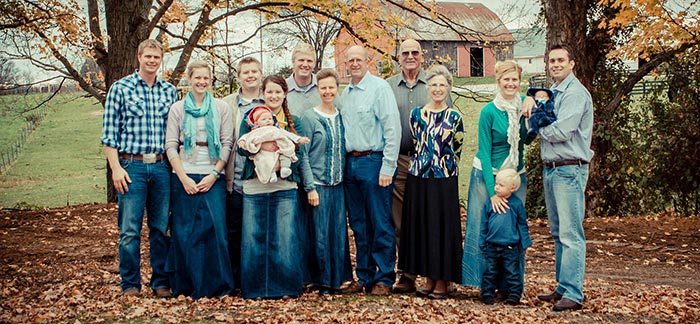
What Is Accelerated Underwriting in Life Insurance?
In this post, we discuss what accelerated underwriting is and how it can speed up your life insurance coverage approval.
Explore our expert-written and reviewed articles to better understand life insurance and why you may need it. If you’re ready to protect your loved ones, get a free quote today.

In this post, we discuss what accelerated underwriting is and how it can speed up your life insurance coverage approval.

Naming beneficiaries on a life insurance policy is one of the most important steps. Here we explain your options and what you need to know about beneficiary designations.

Wondering how to get life insurance for non-U.S. citizens? Learn what it costs, the required documentation, and how approval works.

When shopping for life insurance, it’s good to know and understand some of the key terms.

Are you a millennial looking for an affordable term life insurance policy? Choose the best affordable term life insurance policy using our free how-to guide, helping you create a solid financial plan for your future.

Worried about paying your life insurance premium? In this post, we discuss tips for budgeting for your insurance needs.

Term or whole life insurance? That’s the question. If you’re in your thirties, you need to think like a young adult. Here’s what to consider when choosing the best insurance policy for you.

While bankruptcy filings in America have been decreasing year after year, it’s still not an uncommon occurrence. Here we discuss how a history of bankruptcy affects buying life insurance.

In this post, we explain how you can buy life insurance on your partner, even if you’re not married.

In this post, we discuss how you can get life insurance even if you work in a high-risk occupation.

Denied life insurance? Follow these helpful tips on discovering why and if you are still able attain a life insurance policy.

When applying for life insurance, you may come across the acronym MIB. This is the Medical Information Bureau. Here we describe what it is and how it affects you.

In this post, we explain how marijuana use can impact life insurance rates.

In this post, we discuss life insurance options for people who are self-employed and why it’s important to get a policy.

Life insurance is essential for single parents. Your children depend on you to protect them even if you are no longer able to provide for them.